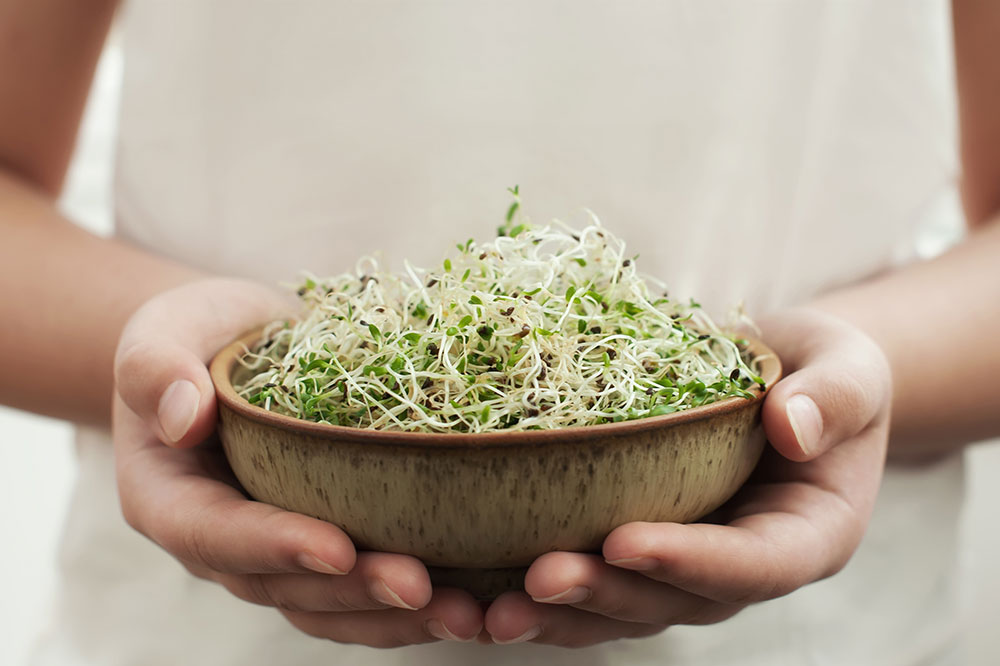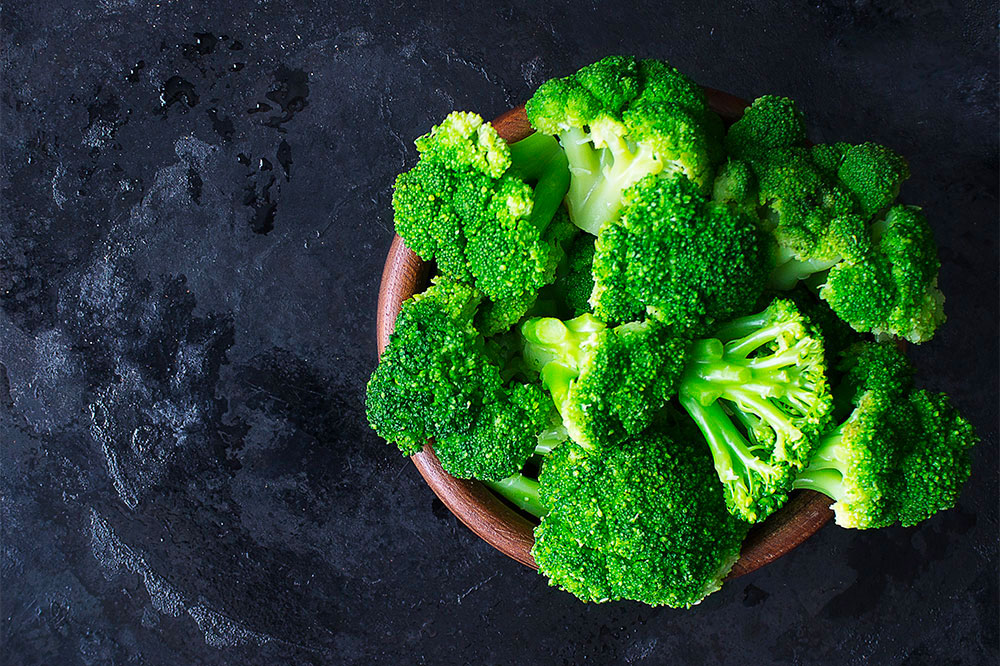Diet Tips for Managing Lupus Symptoms: Foods to Include and Avoid
This article offers practical dietary advice for lupus management, emphasizing foods to include—like omega-3s, calcium, and antioxidants—and those to avoid, such as alfalfa and garlic. Proper nutrition can help reduce symptoms and prevent flare-ups in lupus patients.
Sponsored

Lupus is an autoimmune disease characterized by inflammation and joint pain, resulting from the immune system attacking healthy tissues. While no specific diet prevents lupus, certain foods can help control symptoms and reduce flare-ups. Incorporate omega-3 fatty acids from sources like fatty fish—such as salmon and mackerel—or plant-based options like walnuts and chia seeds to combat inflammation. Calcium-rich foods like low-fat dairy and leafy greens support bone health affected by medication. Antioxidant-rich fruits and vegetables, including berries and carrots, can further reduce inflammation. Avoid alfalfa sprouts, which contain compounds that may trigger attacks, and limit garlic, as it can overstimulate the immune response. Consuming a balanced diet can improve overall well-being and disease management.






